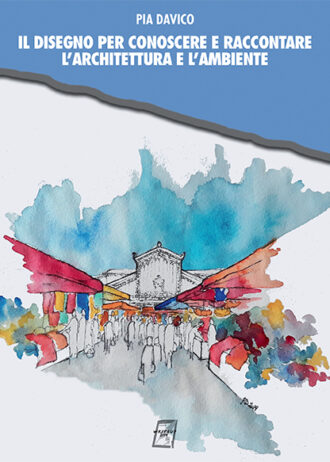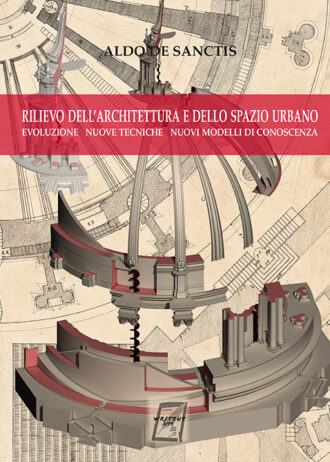edited by Luca Caneparo
The book claims a methodology for architecture and its making that is resolved in the relationships among work, craftsmanship, techniques, manufacturing, know-how, builders, people, place, and time. The dialogic interpretation of these relationships gives meaning and specificity to architectural design. A thesis is that a leading condition of ‘contemporaneity’ goes through the endless creation of ‘new solutions’, the incessant evolution of techniques and their scenarios of use. The technological dynamism and the technological change are intrinsic to the current epoch, which is toughly aimed at innovation, at the creation of new technological and organizational capabilities. Architectural design has to confront with continuously changing and transforming conditions: the book addresses four of them technological design, digital turn, refurbishment, and ecological turn. The chosen approach avoids following a universal reading, instead it leverages the plurality in knowledge and the richness of contexts and relationships to ensure of the design practice its uniqueness. Through a dialogic interpretation of these relationships and conditions, the construction of the project acquires specificity and meaning. To the phenomenological definition of building design have contributed on one side the performance and the functional definitions, and on the other the reading of the tectonic and of the materiality. In the dialogic study of the phenomenological definitions and of the realities of the structure, the meanings of techniques reproduce the modes of craft, production and onsite construction. In architectural design, the system of skills involved in ideation and construction have become more complex and intricate. Each knowledge field has developed its own set of methods-techniques-languages. The design process is challenged by these ‘islands of knowledge’, where the potential of information and communication technologies can contribute, if not to the extent to recomposing the disciplinary fragmentation of knowledge, at least to pragmatic interdisciplinary collaboration in design. The new modes of dialogue exceed the ontologically committed analysis of building refurbishment process. On top of the issues of constructing and refurbishing, the purposes and uses of production techniques match the inevitable social complexity of architecture at different scales. Here is the core where the purposes and uses of production techniques confront the inevitable social complexity of architecture at different scales. Some of the considered projects advances along the application of technological innovation, often, however, in a self-referential logic that does not address and solve relevant issues related to the deeper meaning of building, such as the identity and memories of the place, its social and morphological characteristics, thus not as an isolated sign but as a dialogic presence at various scales of living. Along this path, the book proceeds into multifaceted and nuanced epistemological studies towards the ecological turn.
 Evgenij Kropivnickij. POESIE
€16.00 × 1
Evgenij Kropivnickij. POESIE
€16.00 × 1  Presumendo vivere. Percorsi di lettura nell'opera di Marija Stepanova
€23.00 × 1
Presumendo vivere. Percorsi di lettura nell'opera di Marija Stepanova
€23.00 × 1 





Recensioni
Ancora non ci sono recensioni.